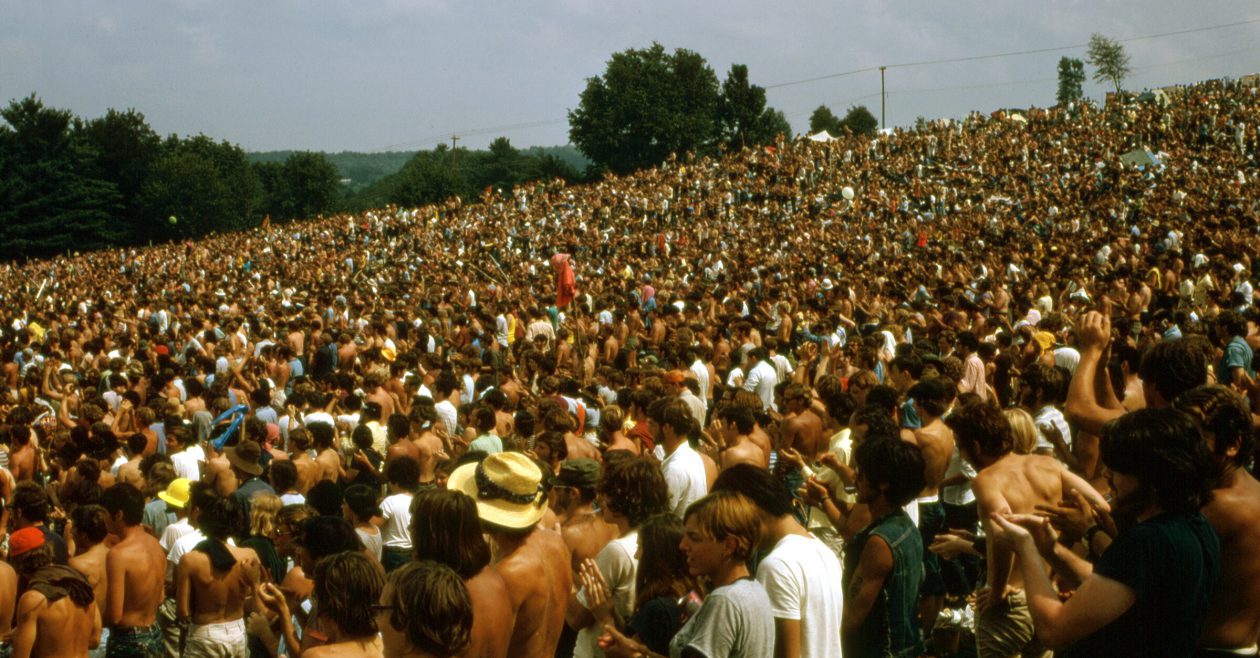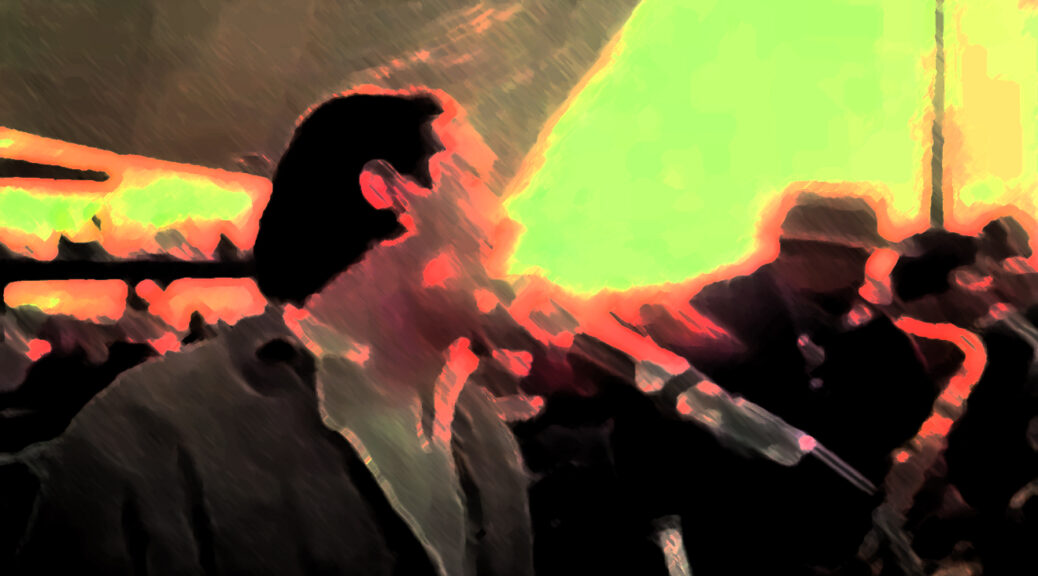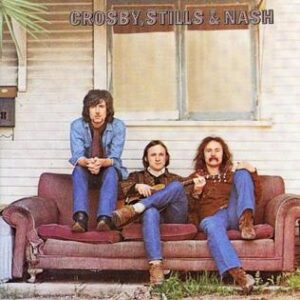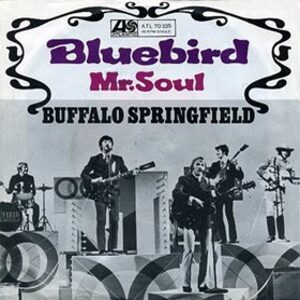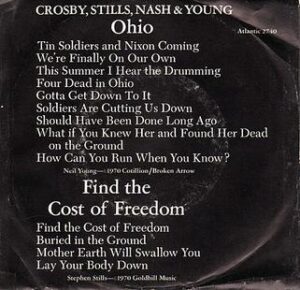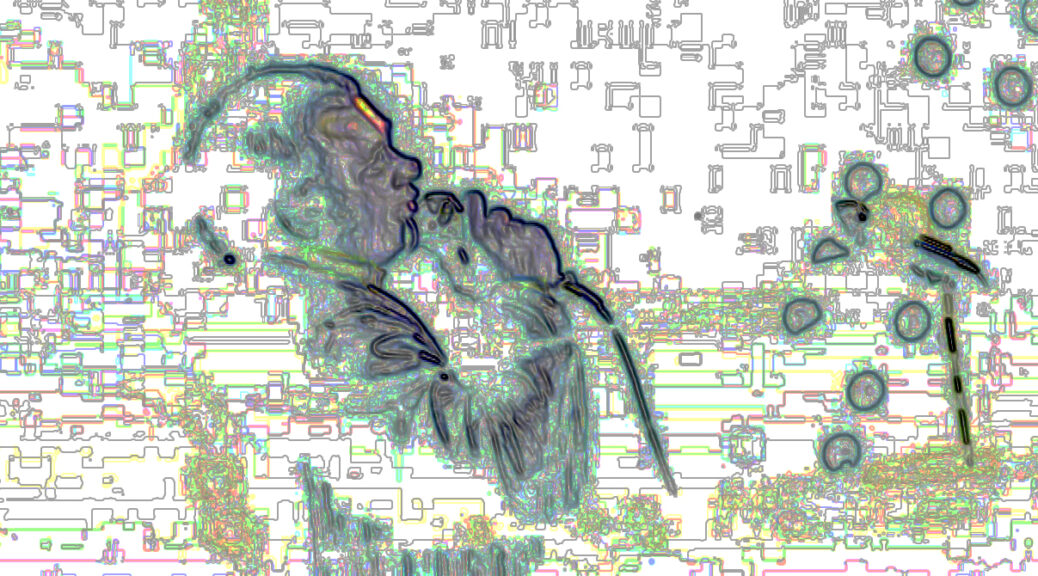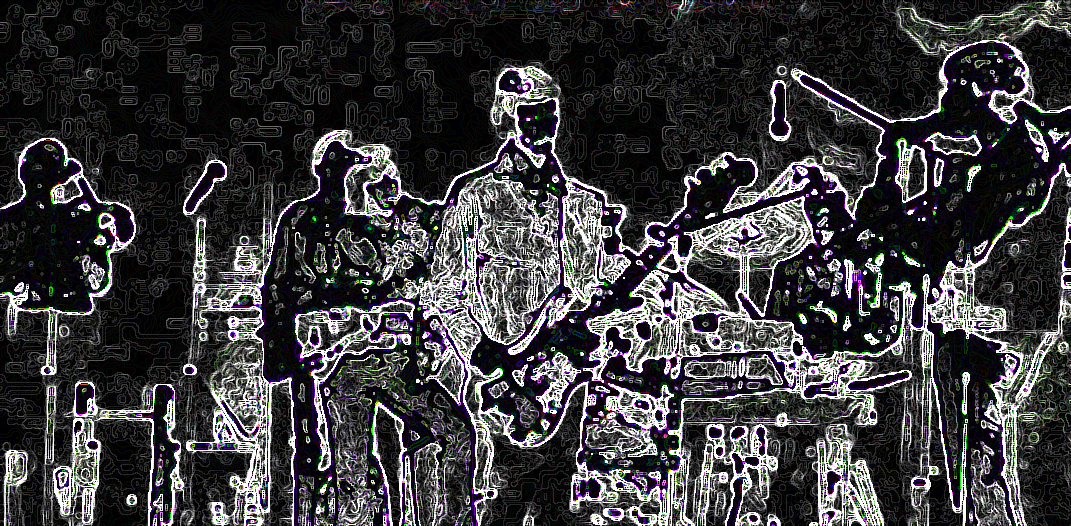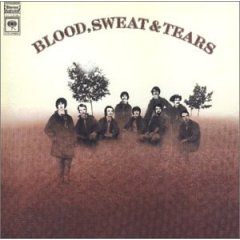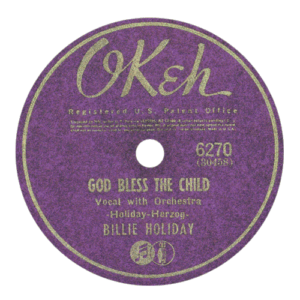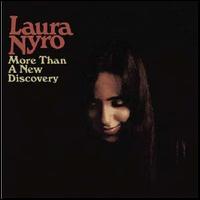Butterfield Blues Band Woodstock

Morning’s twilight shone and sunrise was a few minutes away when the Paul Butterfield Blues Band came onto the stage around 6 AM. Their set would last until a little after 7.
There were four other Woodstock groups that preceded the Paul Butterfield Blues Band that had a horn section: the Keef Hartley Band, Janis Joplin’s Kozmic Blues Band, Sly and the Family Stone, and Blood, Sweat and Tears.
For my money, the performance that tops them all (and they were all good) in terms of horn power is Butterfield. Perhaps because no other had five brass instruments, but such an advantage does not automatically mean a punchier performance.
Hopefully you can listen to this performance.
Butterfield Blues Band Woodstock
Personnel
- Paul Butterfield: harmonica, vocals
- Buzzy Feiten: guitar
- Steve Madaio: trumpet
- Keith Johnson: trumpet
- Gene Dinwiddie: tenor saxophone
- David Sanborn: alto saxophone
- Trevor Lawrence: baritone saxophone
- Teddy Harris: piano
- Rod Hicks: bass
- Phillip Wilson: drums
Butterfield Blues Band Woodstock
Setlist
- Born Under a Bad Sign
- No Amount of Loving
- Driftin’ and Driftin’
- Morning Sunrise
- All in a Day
- Love March
- Everything’s Gonna Be Alright
Butterfield Blues Band Woodstock
Born Under a Bad Sign
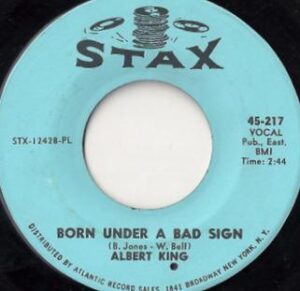 From Wikipedia: The lyrics to “Born Under a Bad Sign” were written by Stax Records rhythm and blues singer William Bell with music by Stax bandleader Booker T. Jones (of Booker T. & the M.G.’s). It became a signature tune by Albert King.
From Wikipedia: The lyrics to “Born Under a Bad Sign” were written by Stax Records rhythm and blues singer William Bell with music by Stax bandleader Booker T. Jones (of Booker T. & the M.G.’s). It became a signature tune by Albert King.
Bell recalled, “We needed a blues song for Albert King … I had this idea in the back of my mind that I was gonna do myself. Astrology and all that stuff was pretty big then. I got this idea that [it] might work.”
Paul Butterfield is just one of many who have covered this classic tune. For all of the white kids at Woodstock (like me), likely we’d first heard Cream’s version. Butterfield’s was on the The Resurrection of Pigboy Crabshaw album. Elektra Records had released it in December 1967.
Been down since I began to crawl
If it wasn’t for bad luck, you know I wouldn’t have no luck at all
I been on my own ever since I was ten
Born under a bad sign
Been down since I began to crawl
If it wasn’t for bad luck, I wouldn’t have no luck at all
My whole life has been one big fight
Born under a bad sign
I been down since I began to crawl
If it wasn’t for bad luck, I said, I wouldn’t have no luck at all
You know if it wasn’t for bad luck I wouldn’t have no kind o’ luck
If it wasn’t for real bad luck, I wouldn’t have no luck at all
A big legged woman is gonna carry me to my grave
Born under a bad sign
I been down since I begin to crawl
If it wasn’t for bad luck, I wouldn’t have no luck at all
Been havin’ bad luck all of my days, yes
Butterfield Blues Band Woodstock
No Amount of Loving
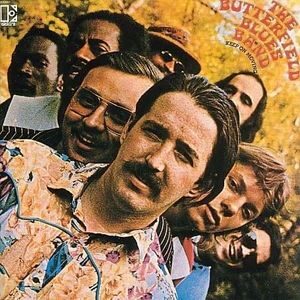
When I was feeling so sorry, I’ve been hurt so deep inside
I realize no amount of love, yeah,
Can take away those lies, no, baby
Came to your door, it was closed, yeah,
You put a wound in my shoulder
For something to lean on, baby,
How much it hurts, you know the load
Oh, deep inside, you wouldn’t be too wrong,
Somewhere along the road
Catch up with you Watch yourself
Well, I’ll be around
No amount of love, can take away those lies
I’m taking them away now
Can take away those lies, no baby
I’m taking them away
You want to take it back
There’s one story, darling, that’s out of sight
Don’t want nothing from you,
Woman, I didn’t need no schooling
Until a lot less amount of loving you, baby,
For me to see the fool
Can’t take ’em away now, I realize, baby,
Not any amount of loving
Can take away those lies,
Can’t take ’em away now, take ’em away
Oh, take ’em away now, take ’em away, babe
No amount of love, yeah
Um, baby
Butterfield Blues Band Woodstock
Driftin’ and Driftin’
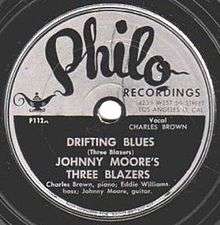 The song is based on another song called “Driftin’ Blues.” From Wikipedia: “Driftin’ Blues” or “Drifting Blues” is a blues standard, recorded by Johnny Moore’s Three Blazers in 1945. The song is a slow blues and features Charles Brown‘s smooth, soulful vocals and piano. It was one of the biggest blues hits of the 1940s and “helped define the burgeoning postwar West Coast blues style.”
The song is based on another song called “Driftin’ Blues.” From Wikipedia: “Driftin’ Blues” or “Drifting Blues” is a blues standard, recorded by Johnny Moore’s Three Blazers in 1945. The song is a slow blues and features Charles Brown‘s smooth, soulful vocals and piano. It was one of the biggest blues hits of the 1940s and “helped define the burgeoning postwar West Coast blues style.”
Paul Butterfield cover was also on their The Resurrection of Pigboy Crabshaw album.
I’m driftin’ and driftin’, like a ship out on the sea
Nobody seems to want me
Except the wide and open sea
My ship ain’t got no captain, my ship ain’t got no crew
Doin’ that tide dare blow me and my past and future too
I look around for a savior to search me from the hungry sea
Maybe he’s down at the bottom, waiting patiently for me
Butterfield Blues Band Woodstock
Morning Sunrise
Yeah, I can feel all my love coming on
Yeah, try to remember the long time has passed on by
Yeah, I’m all alone these days, may we both cry
Yeah, baby, they’re gone
Baby, all I can feel, all my love for you
Every evening
Life can be so strong when you say what you feel, yeah
It’s so hard sometimes
To leave me girl, just please me
If you knew love the way you know how
I believe it’s a rough time, baby
But I know it’s the right time, babe
Yeah, yeah, yeah
I know it’s the right time
And the right time is now
Yeah, ooh, baby, it’s the morning sunrise
Oooh, all my loving
And all my love
All I can feel and all my love is the morning sunrise
Butterfield Blues Band Woodstock
All in a Day
From the Keep On Moving album, Rod Hicks, the band’s bassist , wrote it.
When days are gray that’s the murmur of the day
When days are blue that’s a part of it too
When days are cold then your love calls
It’s all in a day, it’s all in a day
All in a day, baby
All in a day, all in a day, all in a day
When days are gray it gets a man on his way
When days are blue make a man very true
When days are cold then your lover come to call
It’s all in a day, let me tell you
It’s all in a day
All in a day, baby, all in a day
If days are gray make a man want to play
If days are blue don’t you try to tell me what to do
When days are cold then your lover come to call
All in a day, it’s all in a day
All in a day, let me tell you now
All in a day
Oh, baby, came to gray, came to blue, oh
All in a day, all in a day, baby
All in a day, wait for us tomorrow
All in a day
Oh, all in a day
Butterfield Blues Band Woodstock
Love March
Written by Gene Dinwiddie and Philip Wilson, it was on the band’s Keep On Moving album.
Gene explains before the start: I got a little something I’d like to lay on yall…if you bear with me a minute, please. We’re gonna do a little march right along through now. It’s a love march. We don’t carry no guns and things in this army we got and stuff. Don’t nobody got to worry about keepin’ in step. We ain’t even got no uniforms to wear. We’re a poor army. [crowd applause]. But we run around in order to keep our heads above the water and whatnot…we sing to one another and we play to one another and we try to make each other feel good.”
The music began and Gene says, “OK. Hep two three four. All yall out there, if you wasn’t so tired we could all get up and just mark around this whole area here and be happy and stuff. Bring your little sister...”
Thinking as time goes by
Sing a glad song
Sing all the time
While I make all the people
Feel so good
Treat all my brothers like I should
See all the houses all in place
Living’s no longer an empty space
Love as much as I can
Try and be strong
Good for the time that’s not too far
Good while no jealousy and war
Aim my sad eyes into the sun
Think of all people just as one
March
Oh, yes, they say
They say that I must wear a tie and be the same
I got to treat my brother wrong
And kill him, what a shame
Oh, yeah, what a shame, yeah, yeah
But I know, yes, I know
What is it you know, right?
What you know?
There’s got to be a change
Love as much as I can
Try and be strong
[List string the shoes I had]?
Good for the time that’s not too far
Good while no jealousy and war
Aim my sad eyes into the sun
Think of all people just as one
Hep, two, three, four
Hep, two, three, four
Love march
Gonna be a change
Butterfield Blues Band Woodstock
Everything’s Gonna Be Alright
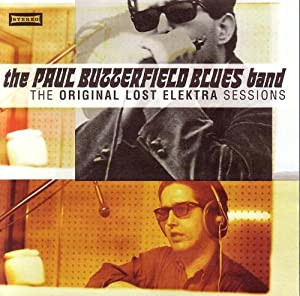 Paul Butterfield had recorded several tunes for a debut album in December 1964, but the project was abandoned. In September 1965 Electra released The Paul Butterfield Blues Band album which became Paul’s debut album.
Paul Butterfield had recorded several tunes for a debut album in December 1964, but the project was abandoned. In September 1965 Electra released The Paul Butterfield Blues Band album which became Paul’s debut album.
In 1995, The Original Lost Elektra Session album was released and Everything’s Gonna Be Alright was (finally) released.
I cannot find any reliable lyrics to the version the band did at Woodstock, but they aren’t too complicated anyway.
Butterfield Blues Band Woodstock
The next act is Sha Na Na.
